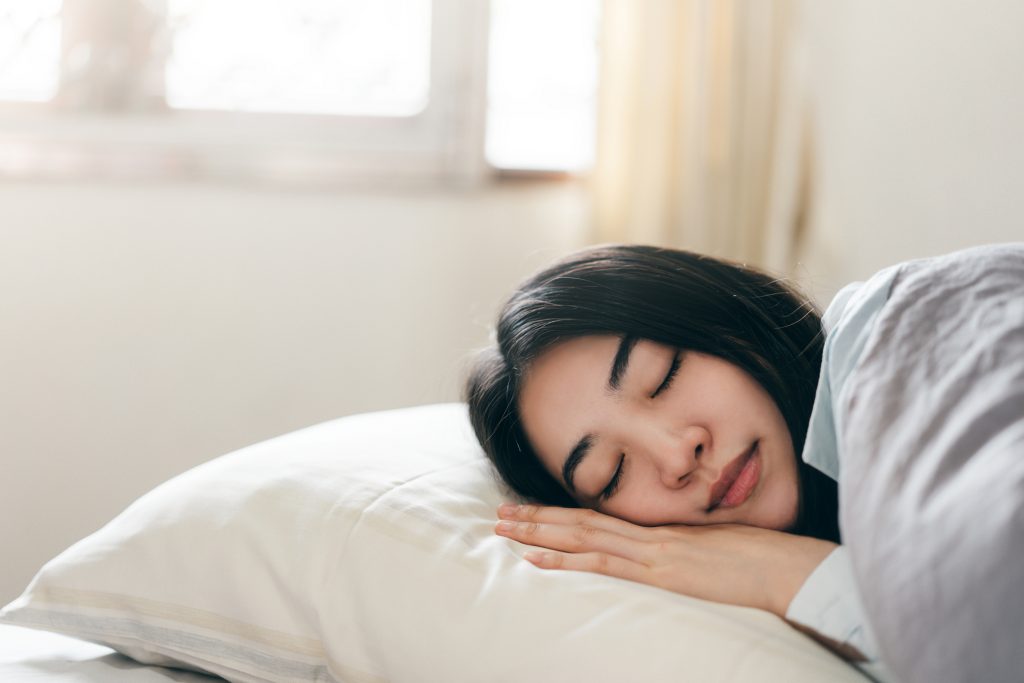
A simply way to fall asleep (finally)
For World Sleep Day, we explain some of the habits that promote healthy sleep.
Good sleep is a matter of habit. We suggest giving Tokei (which means ‘clock’ in Japanese), a method based on good routines that help retune biological rhythms for quality sleep, a try.
Although Tokei sets the ideal pace for life, you can always adapt it to your needs, aiming to come as close to it as possible.
The 7 tips for a good night’s sleep
- Wake up with natural light. Wake up with the light of dawn, not with the alarm clock. If you can’t leave the blind open because of light pollution, use a sunrise alarm clock.
- Train in the morning. Exercise in the morning and outdoors for natural light exposure. If you can’t, walk to work and try to work out when it’s still light out.
- What and when to eat. Follow a healthy diet (such as the Mediterranean), eat dinner 3 hours before bedtime, and refrain from consuming stimulants (coffee, tea, chocolate) 6 hours before bedtime.
- Overnight fasting. Include melatonin-rich foods, such as oily fish, vegetables and dairy products, in your evening meal. This meal should be light, but enough for a 12-hour fast.
- Take a micro-nap. A short, 20-30 minute nap after eating is recommended. If you can’t a nap, use your lunch break to relax in the sun.
- Orange lights. The orange light of the sunset gets us ready for sleep. Create a similar ambience at home after your evening meal by dimming the lighting and using warm lights.
- Airplane mode. Turn off mobile phones, tablets and computers 2 hours before going to bed. You avoid the blue light from the screens, switch off from your day and start to gradually relax.
Sources:
El Método Tokei. Dr. Eduard Estivill and Dra. Carla Estivill. Ed. Plaza & Janés.
This post is also available in: Portuguese (Portugal)
